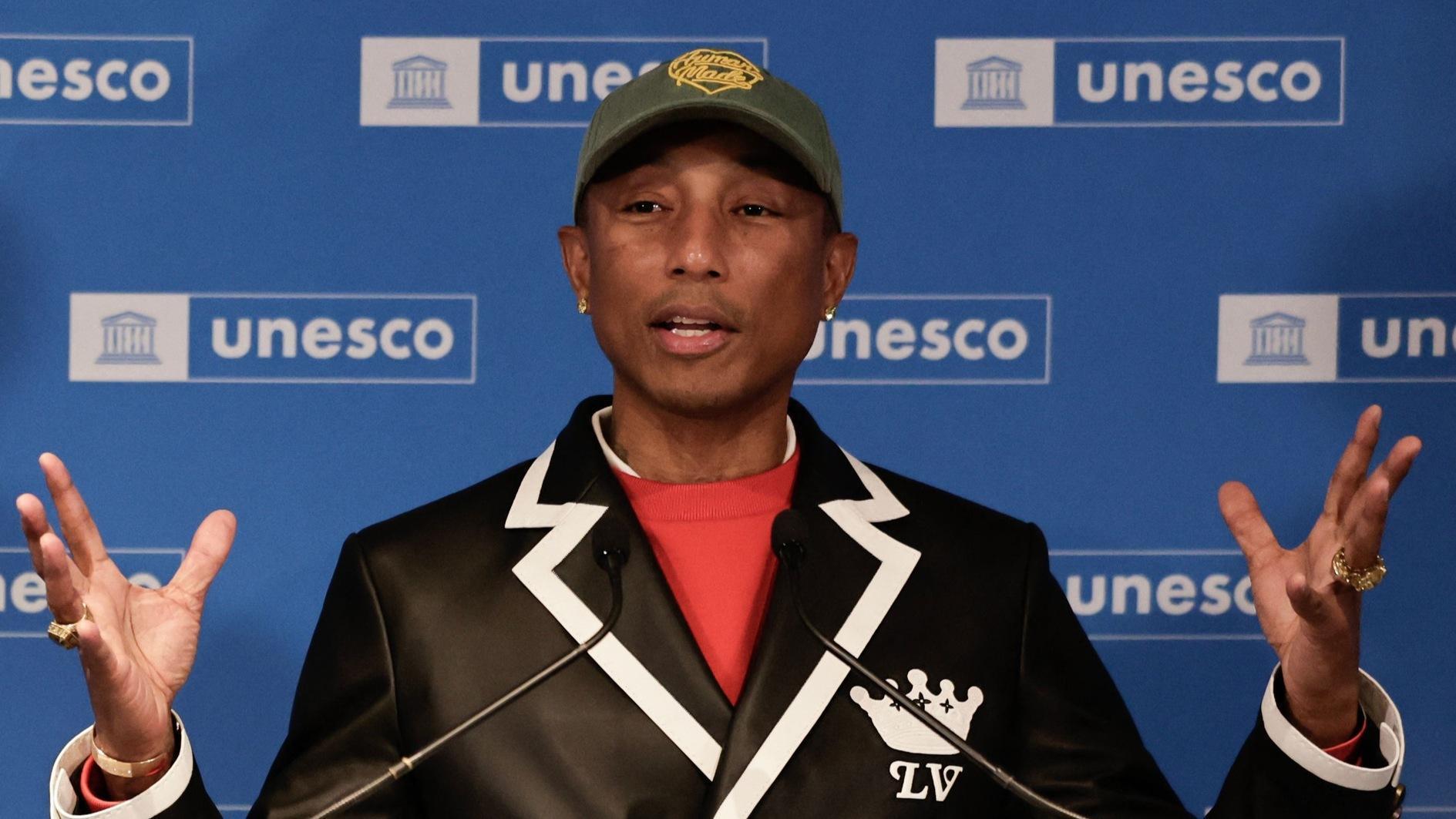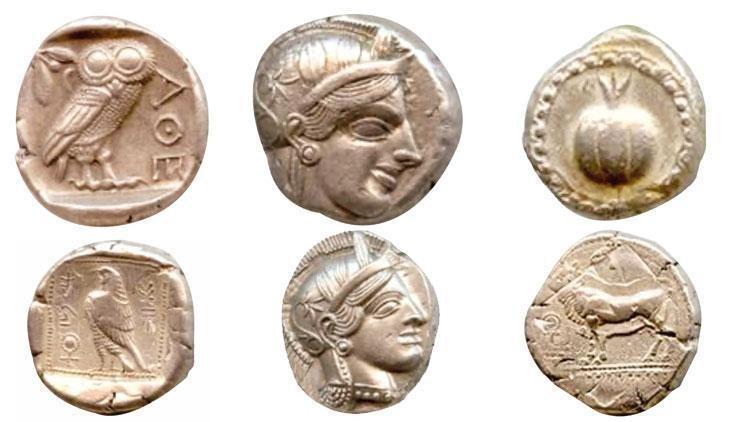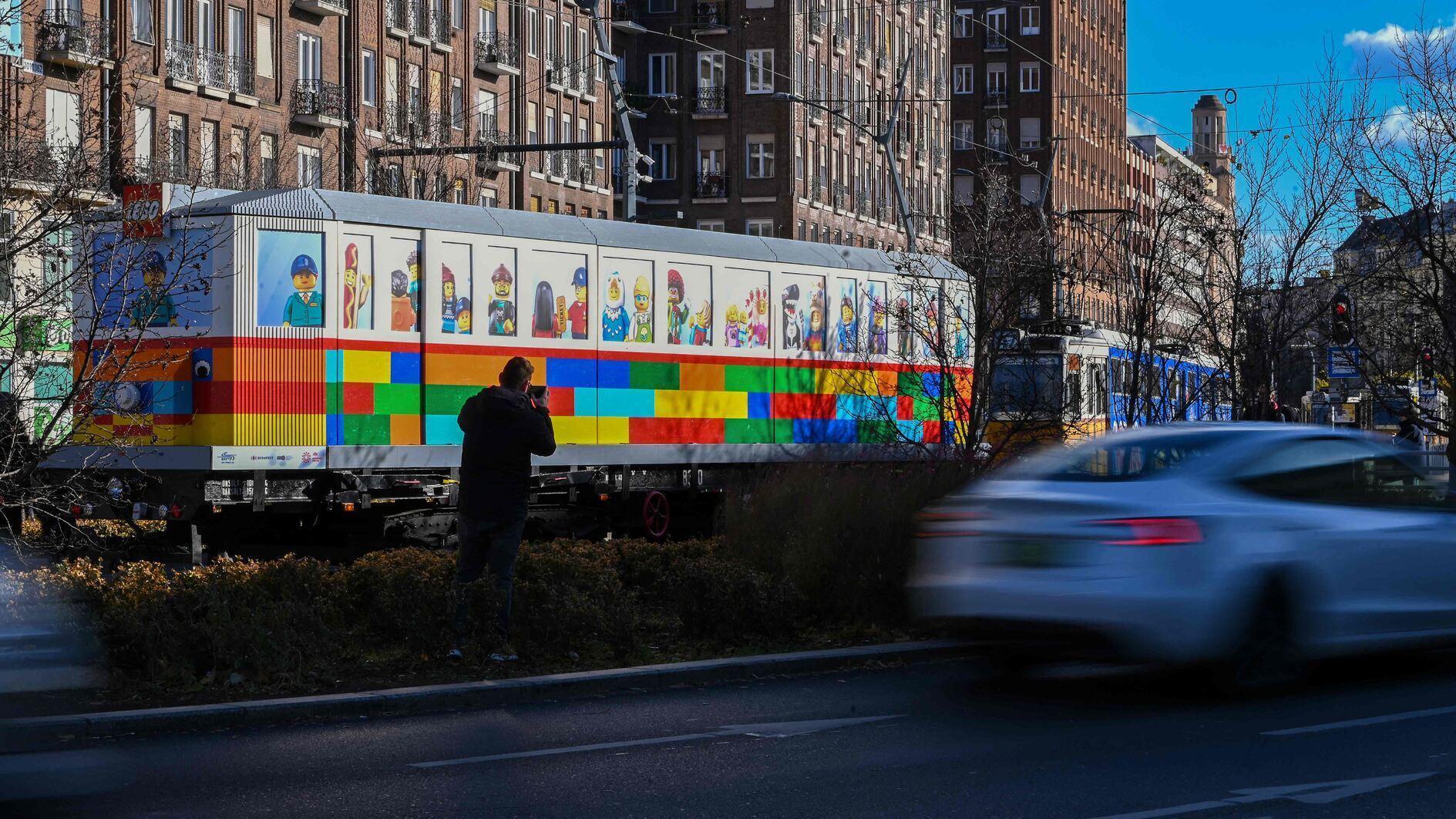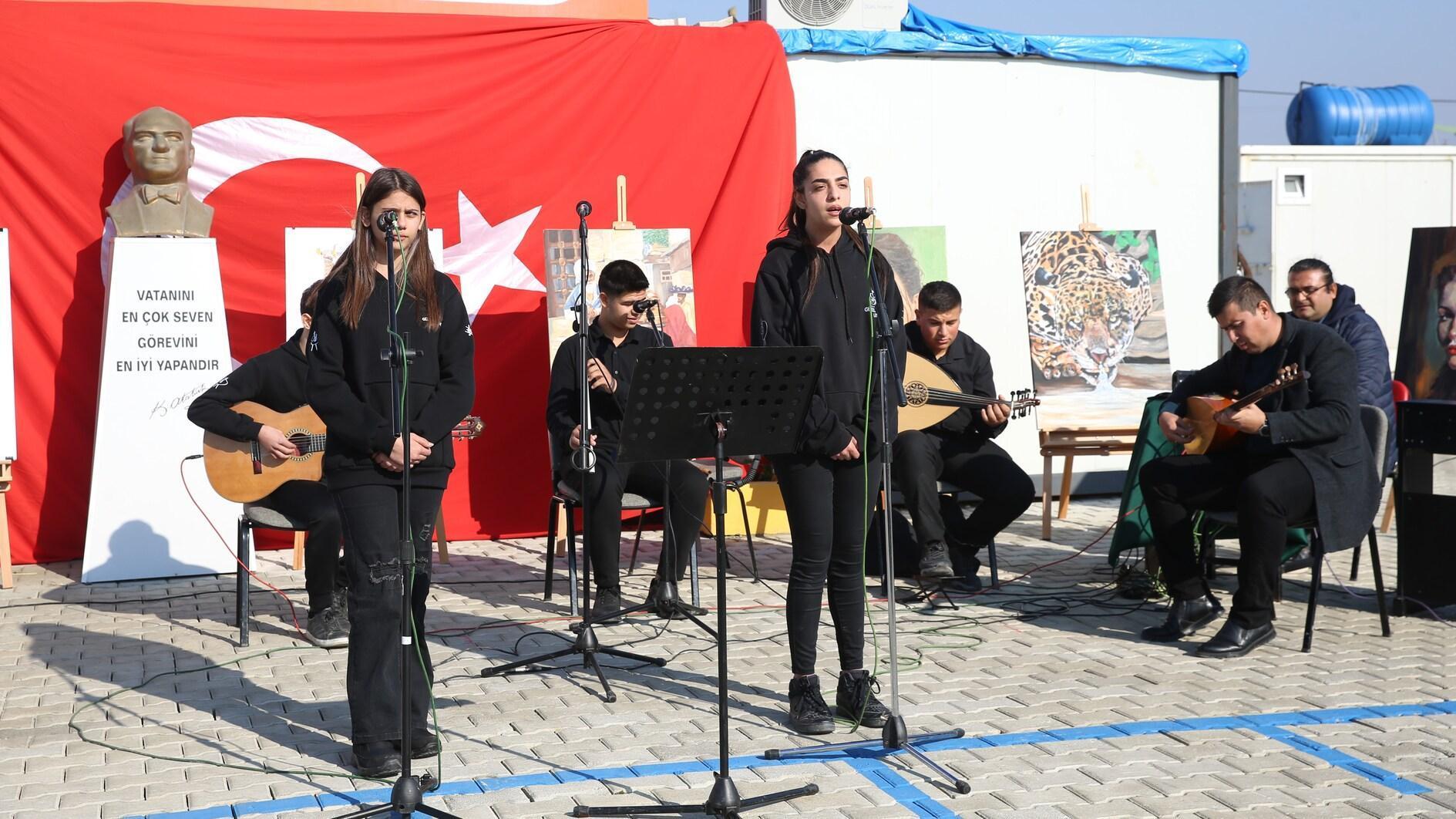Free press in crisis in Turkey, CPJ says
ISTANBUL
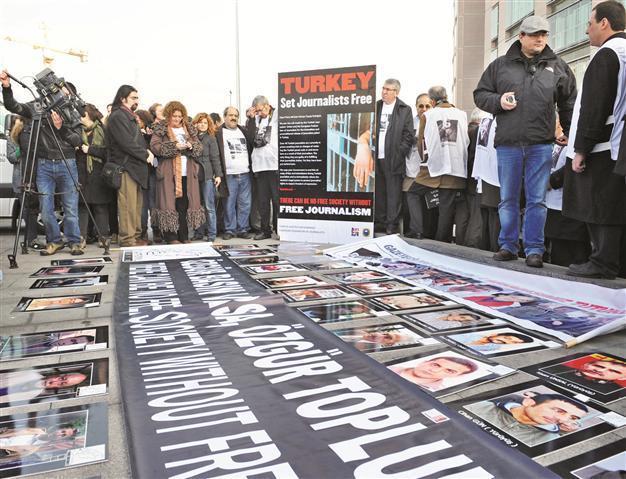
This file photo shos a protest held against the imprisonment of journalists in Turkey. CPJ identifies 76 journalists imprisoned in Turkey as of Aug 1, 2012. DAILY NEWS photo, Emrah GÜREL
Turkey’s press freedom situation has reached a crisis point, with the country assuming the world’s top spot for the number of journalists imprisoned in its jails, a new report from the Committee to Protect Journalists (CPJ) has shown.“The Turkish government is engaging in a broad offensive to silence critical journalists through imprisonment, legal prosecution and official intimidation,” the report said.
CPJ has identified 76 journalists imprisoned in Turkey as of Aug. 1, 2012. Following a case-by-case review, the CPJ concluded that at least 61 journalists were being held in direct relation to their work or newsgathering activities, the highest global figure in the last decade.
The CPJ’s 53-page report featured letters sent from imprisoned journalists and government responses to CPJ inquiries.
“As tensions between Turkey and Syria escalate a choke on information and climate of fear could deter important, probing news coverage,” the report read, continuing that approximately 30 percent of the imprisoned journalists were accused of participating in anti-government plots or being members of outlawed political groups.
About 70 percent of those jailed were Kurdish journalists charged with aiding terrorism by covering the views and activities of the outlawed Kurdistan Worker’s Party (PKK) and the Kurdish Communities Union (KCK).
Over three-quarters of the imprisoned journalists have not been convicted of a crime, but are being held as they await resolution of their cases, the report said.
Up to 5,000 criminal cases against journalists
According to the report, up to 5,000 criminal cases were pending against journalists at the end of 2011.
“Articles in the penal code give authorities wide berth to use journalists’ professional work to link them to banned political movements or alleged plots. Some of the most frequently used articles criminalize basic newsgathering activities, such as talking to security officials or obtaining documents,” the report said.
“As a rising regional and global power, Turkey’s economic and political success should be matched by respect for the universal right to freely exchange news, information, and ideas,” CPJ Executive Director Joel Simon said. “Turkey’s tendency to equate critical journalism with terrorism is not justified by the country’s security concerns. Prime Minister Recep Tayyip Erdoğan should cease his attacks on the press and instead provide justice for journalists while pursuing reforms that guarantee freedom of expression,” he said.


